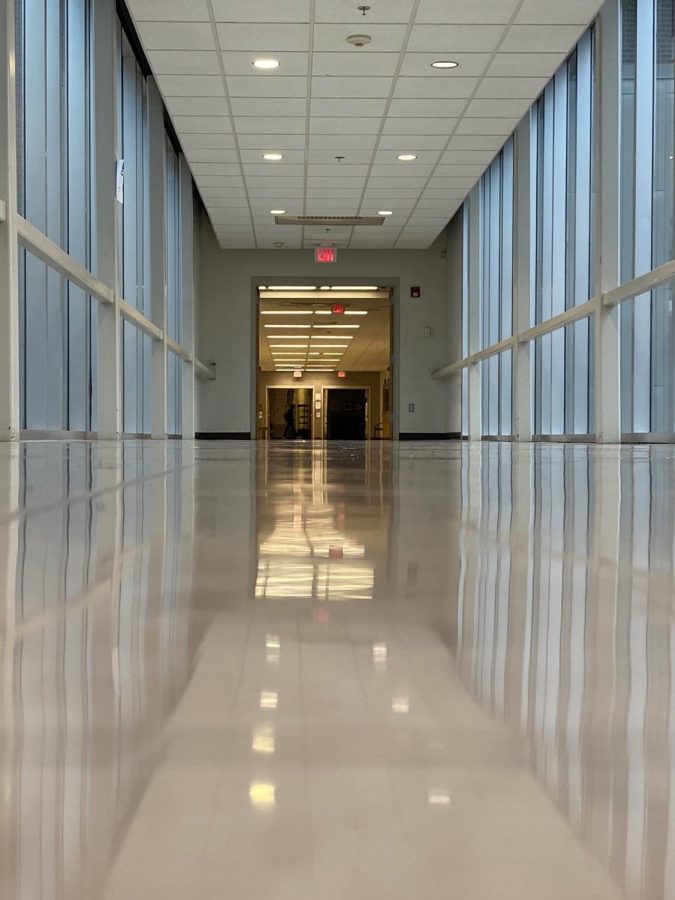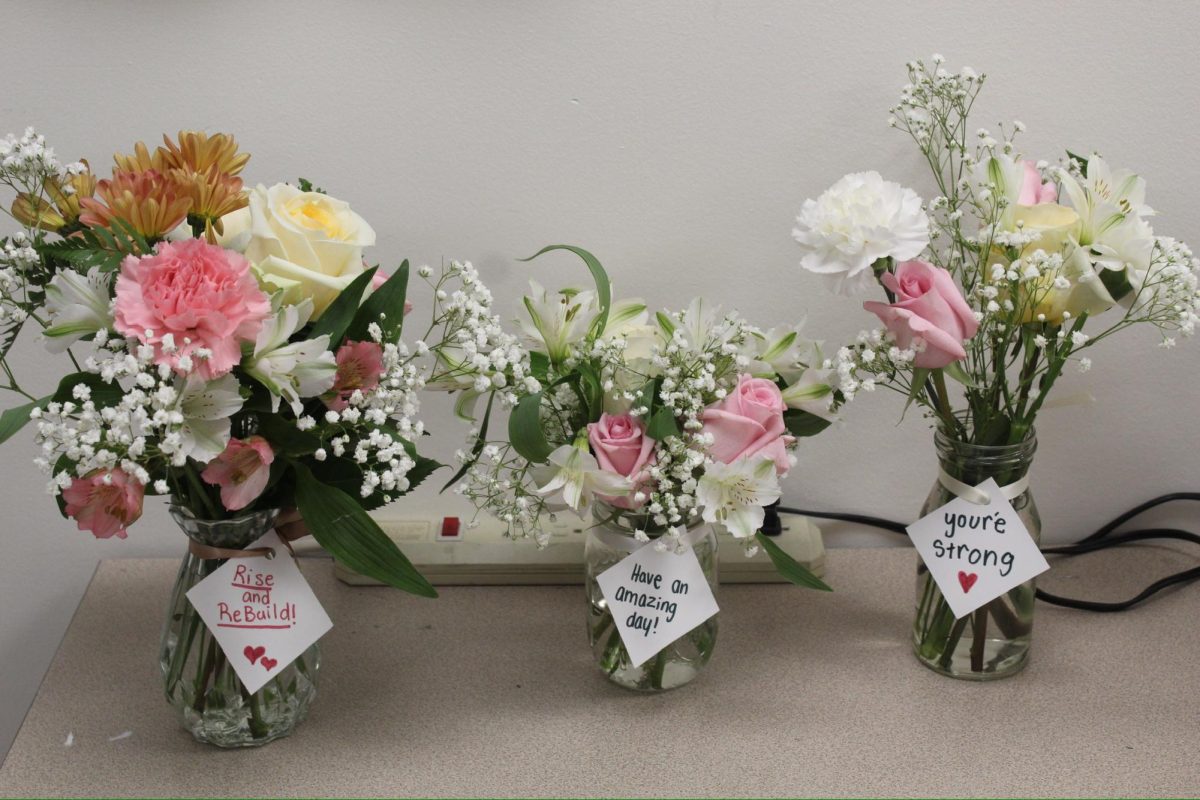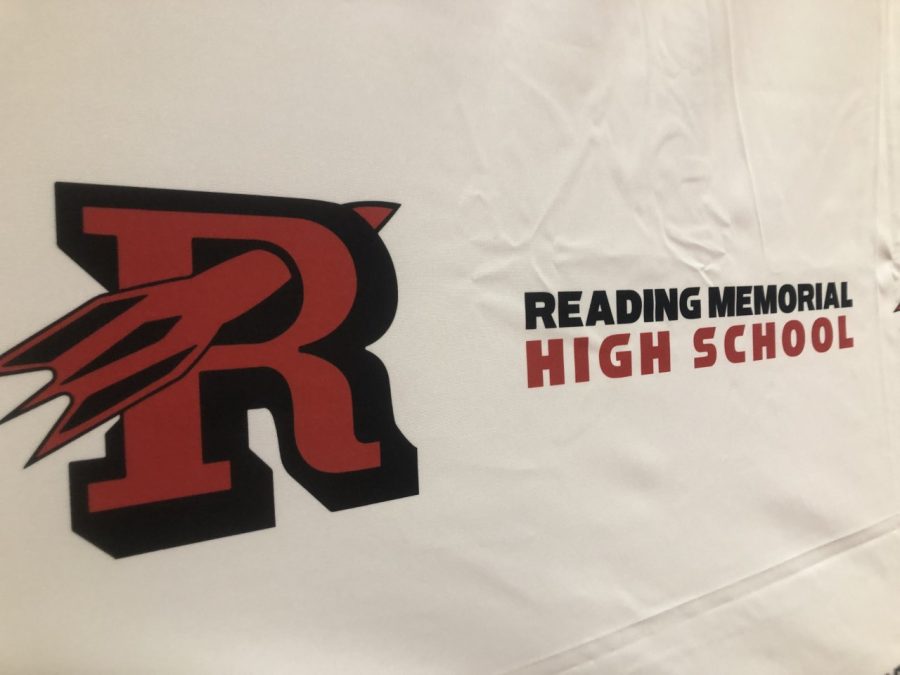ChatGPT, a generative AI tool that can produce written answers with the click of a button, has incited positive and negative reactions from teachers and students at RMHS.
ChatGPT is a chatbot created by OpenAI and was released to the public in November 2022. It uses what are known as “Generative Pre-trained Transformer [GPT] language models” to give answers to almost anything one asks it – giving ideas for what to write an essay about and creating code in different coding languages are just two examples. Its usage in the world soared, as it became the fastest-growing consumer software application in history, having over 100 million users by January of 2023. With such a substantial number of users came the high usage of it in schools as well. This has sparked the presumably never ending debate on the status of ChatGPT in schools.
At RMHS, there have been mixed reviews about ChatGPT from both teachers and students. Mr. Mahoney of the history department expressed that ChatGPT comes with positives and negatives; for example, when looking for sources, he commented, “If you ask for specific sources and primary sources on a subject or a question it can really help point you in the right direction.” He continued to say, “It’s hard to open the doors to want kids to use it that way– but then expecting them to not use it to help answer some questions, so it’s definitely a fine line; it’s a battle teachers and educators are trying to fight through constantly.” He also noted: “Do I think it’s being used on every assignment? No. But I think that some of the bigger ones it has been.”
Mr. Mahoney also commented on his ability to tell if students have used ChatGPT: “I’ve actually asked it like sample questions as if I was a student; if you just zoom through the reading of it, it seemed fine, but if you break it down some of the writing is a little clanky, a little repetitive and they throw in sometimes these big, intellectual, heavy words that are unnecessary and that maybe even good writers wouldn’t use.”
Along with commenting on his ability to tell if students have used it, Mr. Mahoney also commented on what he does if its use is detected: “We have the software out there that’s supposed to check it, so anytime we have big papers or writing assignments we run it through those softwares, and if it comes back with a high percentage – again, it’s not guaranteed that it was Chat[GPT] – then we look more into it and try to tell if there was any use of it, and if we still think that it was used to a high degree we would have a conversation with the student and handle that on a case-by-case basis.”
Though this is a seemingly big issue in the history and English departments, it does not seem to be the same case in the science and math departments. Ms. Khan from the science department noted, that “If I asked them [my students] to write a paper on a lab, sure, they might use it, but for the math portion and experimental portion, I think it’s unique to each student and their performance on the lab. It doesn’t seem to be as big of an issue in the science department as it is in the English department, but maybe AI will develop itself.”
Students at RMHS seem to agree with the positive and negative thoughts that teachers at RMHS have. Regarding its status in this school, Grace Brown (‘24) said: “I think some students use it to help with schoolwork, like maybe they use it to come up with a thesis statement for an essay and then they write the essay themselves; I mean, it’s less of an issue than like vaping or something…I don’t know, there’s bigger issues.” In addition to Brown’s opinion, Quinn Grant (‘24) said: “I’ve definitely seen people using it to get their classwork done but I don’t think it’s ubiquitous, it’s like certain people using it to cheat, other people using it sometimes and other people don’t use it at all – it’s a big mix.”
Some students believe that ChatGPT can be helpful in school. Brown also added: “I’m sure that there are useful ways to use it, and maybe teachers can teach students ways to use it that are helpful and allowed as opposed to just being like ‘don’t use it at all, like ever.’ I think that AI is present in our world and so maybe a skill that we can learn in school is how to use it in a way that helps us.” Having the same sentiments as Brown, Grant added: “In the past, I’ve actually been encouraged by one of my teachers to use ChatGPT to get inspiration for an essay I was writing.”
Both teachers and students at RMHS have different opinions on ChatGPT and its presence at RMHS. There is much that OpenAI can do to improve ChatGPT as the existence of AI in the world is only increasing; there is also more that RMHS can do as a collective to improve the use of ChatGPT at school.






